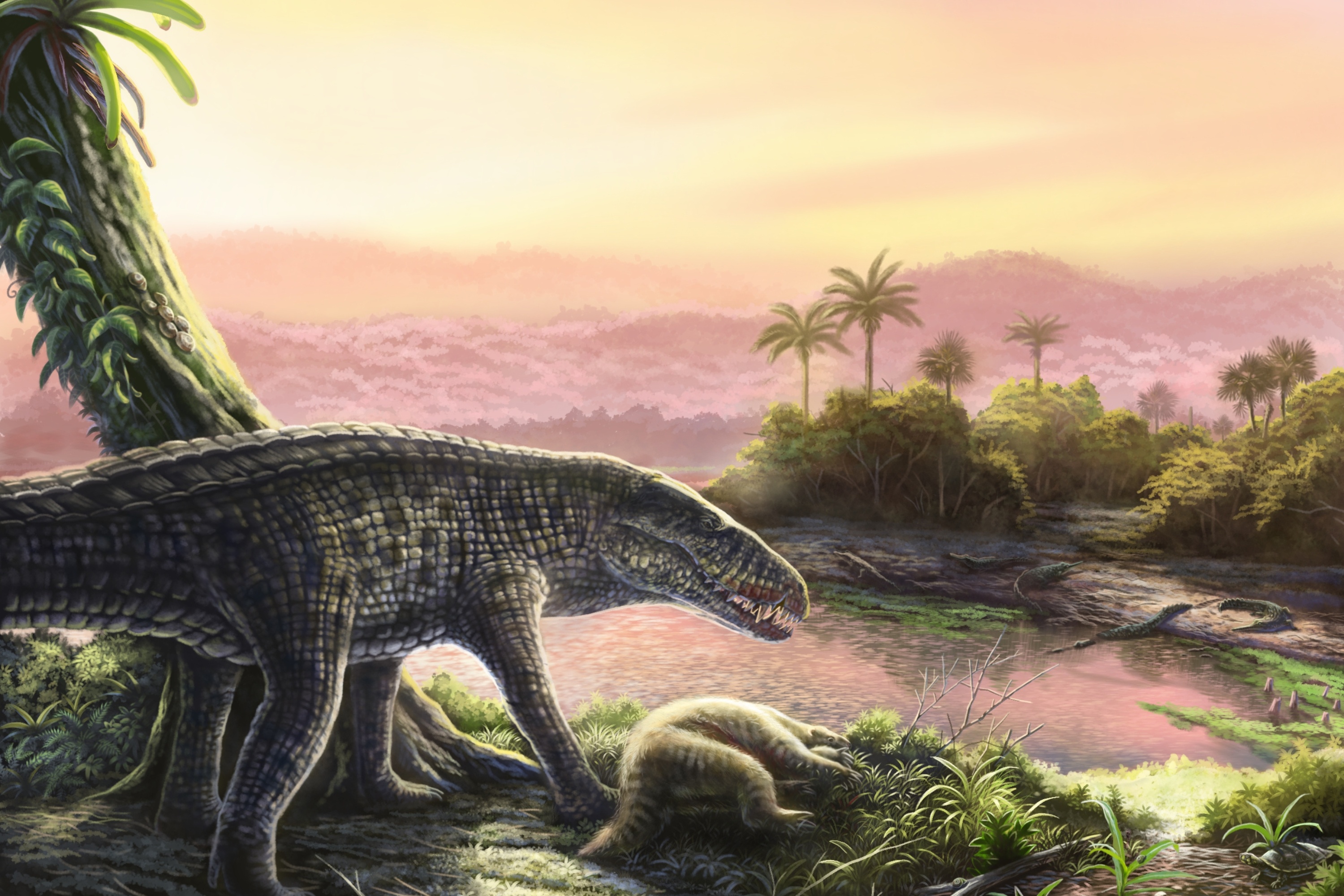- Total News Sources
- 1
- Left
- 0
- Center
- 1
- Right
- 0
- Unrated
- 0
- Last Updated
- 277 days ago
- Bias Distribution
- 100% Center


Fossils Reveal Caribbean's Ancient Crocodile Relatives, Shift Ecosystem Understanding
Recent fossil discoveries in the Dominican Republic have confirmed that sebecids—large, land-dwelling predators related to crocodiles—once roamed the Caribbean, surviving millions of years after their extinction elsewhere. These athletic, crocodile-like reptiles, previously thought confined to South America, were top predators in the region until as recently as 4.5 million years ago. The identification came after decades of mystery surrounding fossilized teeth found in Cuba, Puerto Rico, and the Dominican Republic, with the breakthrough coming from the discovery of both teeth and vertebrae. This evidence supports the GAARlandia hypothesis, suggesting ancient land bridges allowed sebecids to reach the islands from South America. The findings reshape the understanding of Caribbean ecosystems, revealing that powerful terrestrial predators once thrived there, challenging the notion that the islands were always dominated by smaller reptiles and birds. Scientists emphasize that these discoveries highlight how little is still known about ancient tropical life.

- Total News Sources
- 1
- Left
- 0
- Center
- 1
- Right
- 0
- Unrated
- 0
- Last Updated
- 277 days ago
- Bias Distribution
- 100% Center
Stay in the know
Get the latest news, exclusive insights, and curated content delivered straight to your inbox.

Gift Subscriptions
The perfect gift for understanding
news from all angles.
